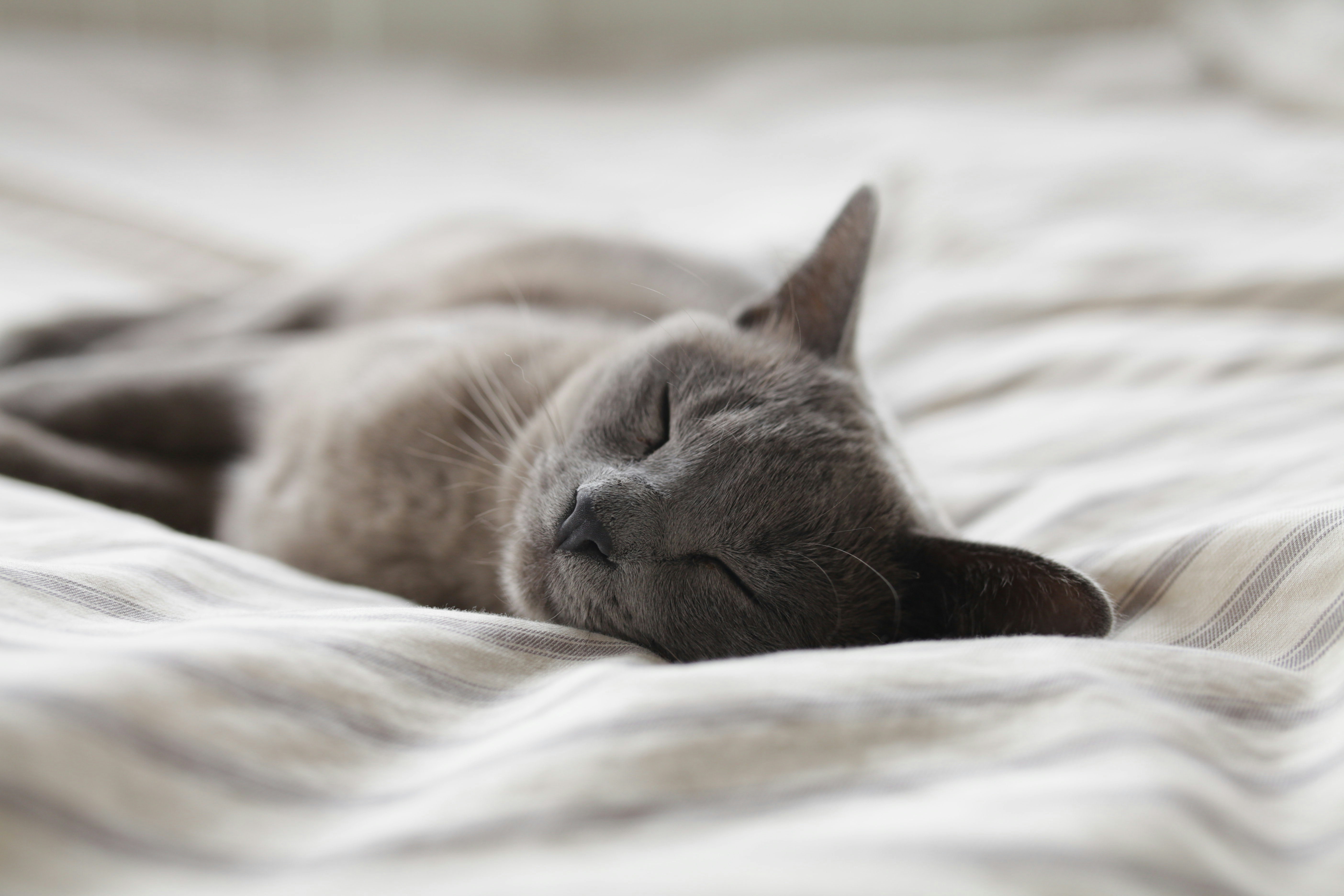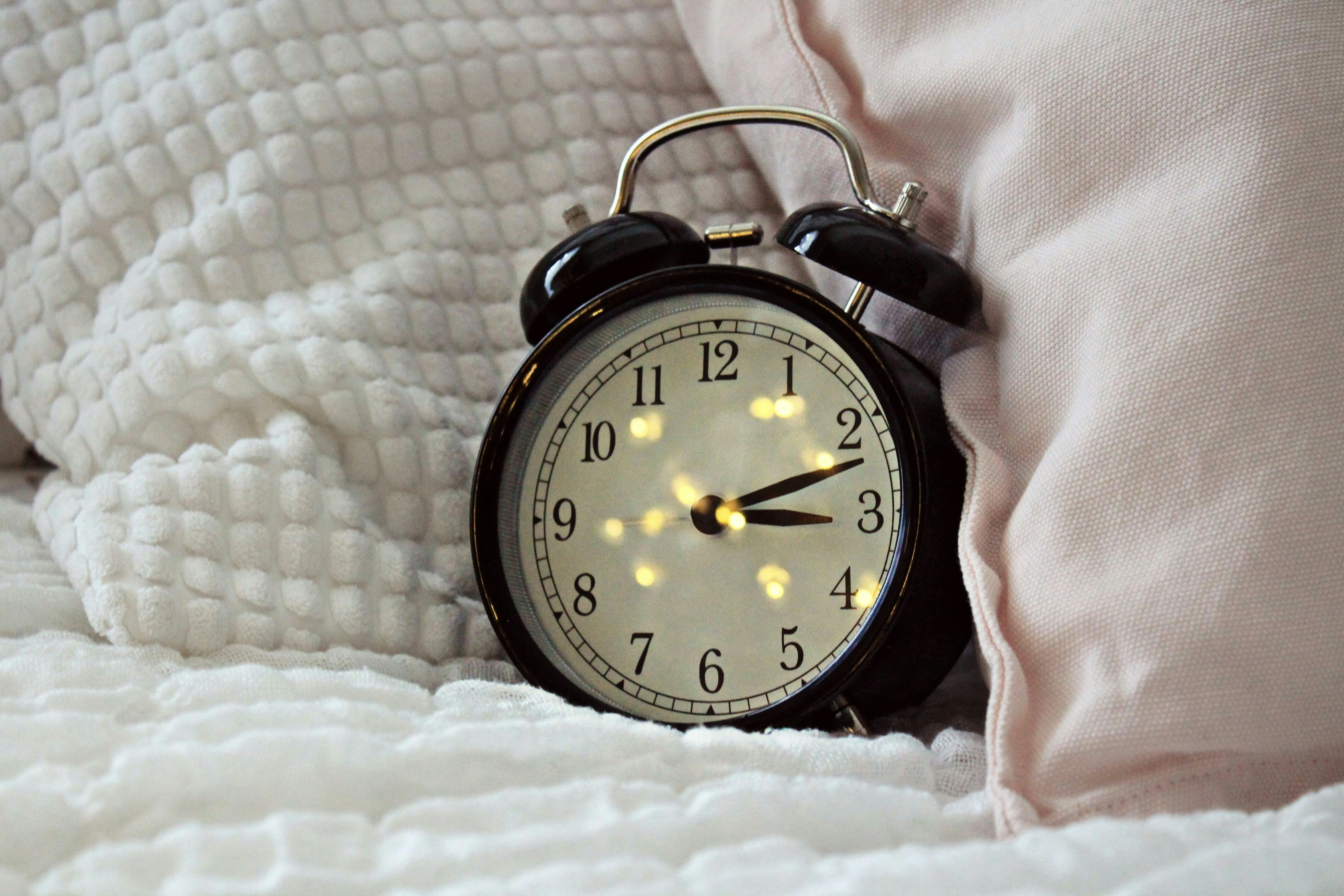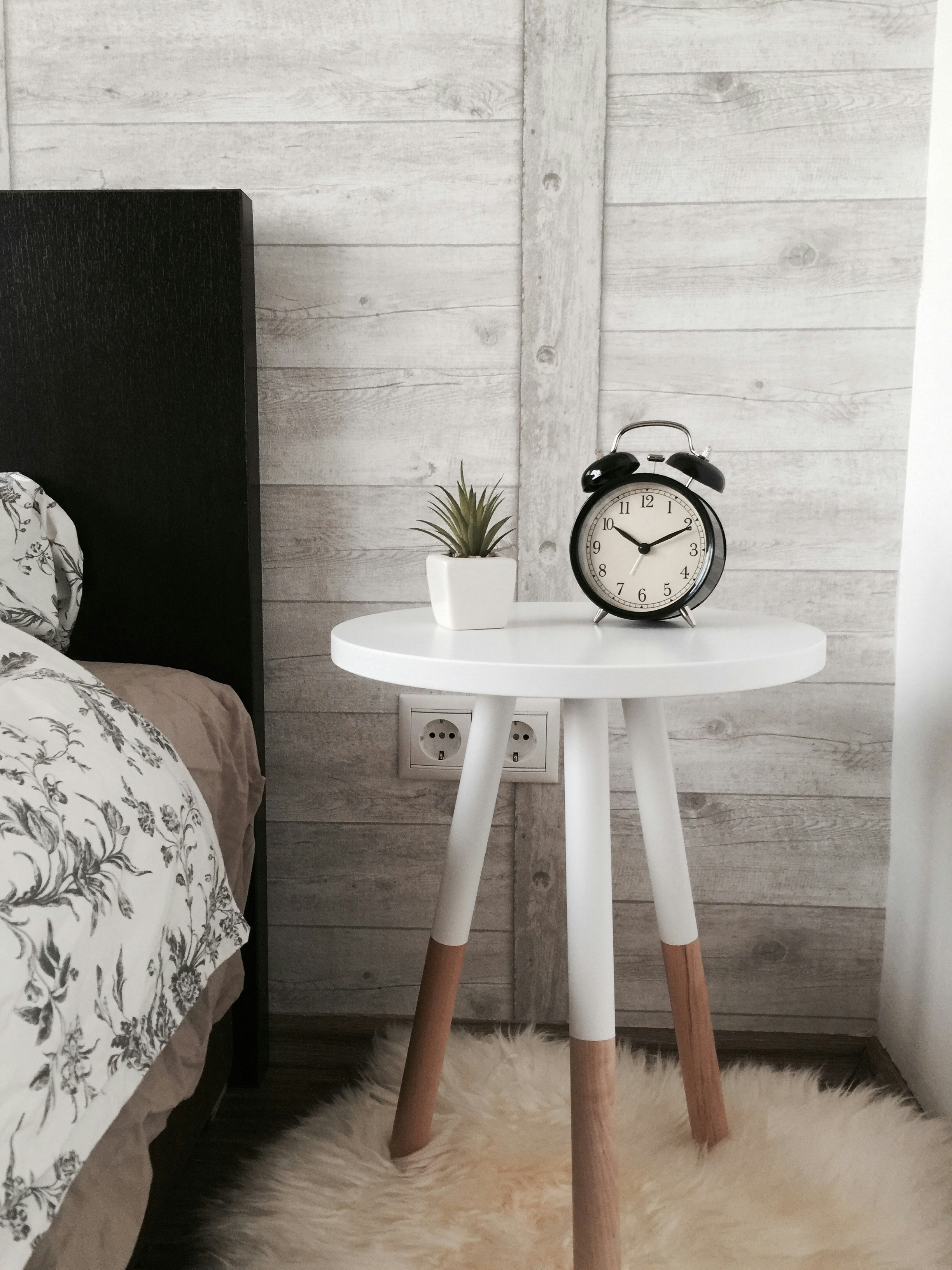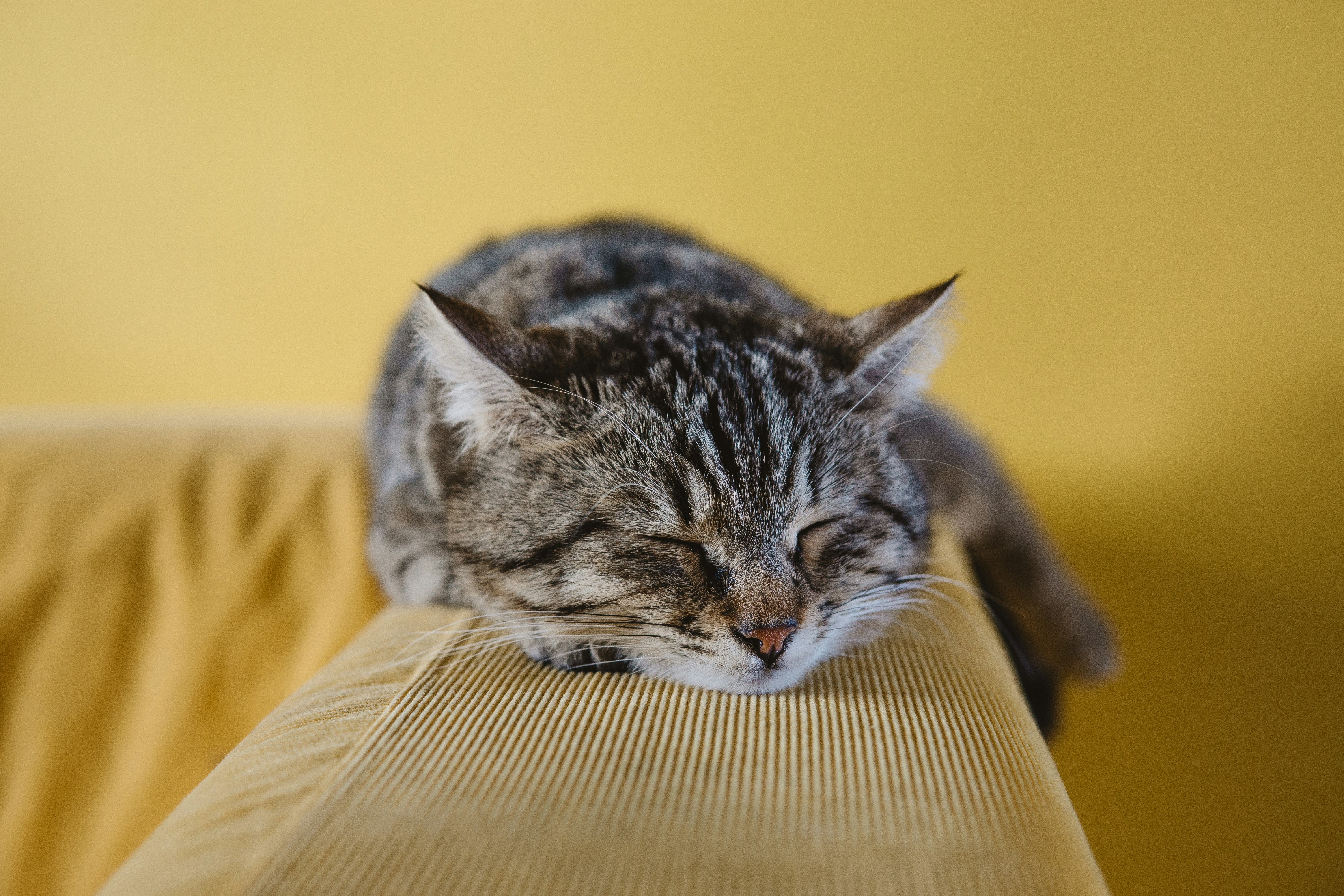The Role of Genetics in Sleep Patterns

The Role of Genetics in Sleep Patterns
Why do some people need less sleep, while others struggle with insomnia? Genetics plays a key role in determining individual sleep needs and patterns.
Genetic Influence on Sleep Duration
Studies estimate that genetics account for 31–55% of variance in sleep duration. Variants in genes such as DEC2 can cause naturally short sleep phenotypes.
Genetic Factors Affecting Sleep Disorders
- Insomnia: Several gene loci associated with susceptibility.
- Sleep apnea: Genes linked to craniofacial structure and obesity influence risk.
- Narcolepsy: Strong genetic components related to immune system genes.
Chronotype: Morningness vs. Eveningness
Your genetic makeup influences whether you're a “morning lark” or a “night owl.” Variants in the PER3 and CLOCK genes regulate circadian rhythms.
Genetic Testing and Personalized Sleep Medicine
Emerging tests aim to tailor sleep interventions based on genetic profiles, although clinical application is still in early stages.
Environmental Interactions
Genetics interacts with lifestyle and environment. Even with genetic predispositions, habits and exposure can modify sleep outcomes.
Conclusion
Understanding genetic influences on sleep helps explain individual differences and may guide future personalized sleep therapies.
Tags : Genetics , Sleep Duration , Chronotype , Sleep Disorders , Personalized Medicine




